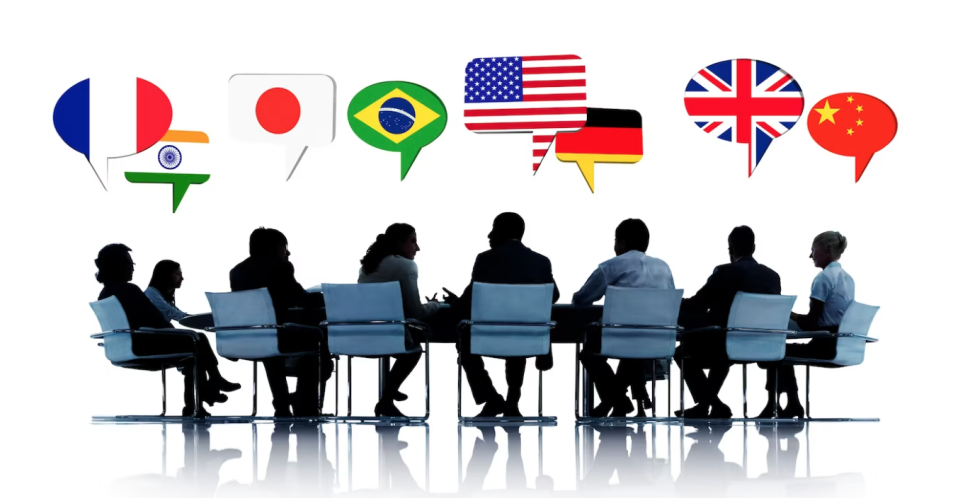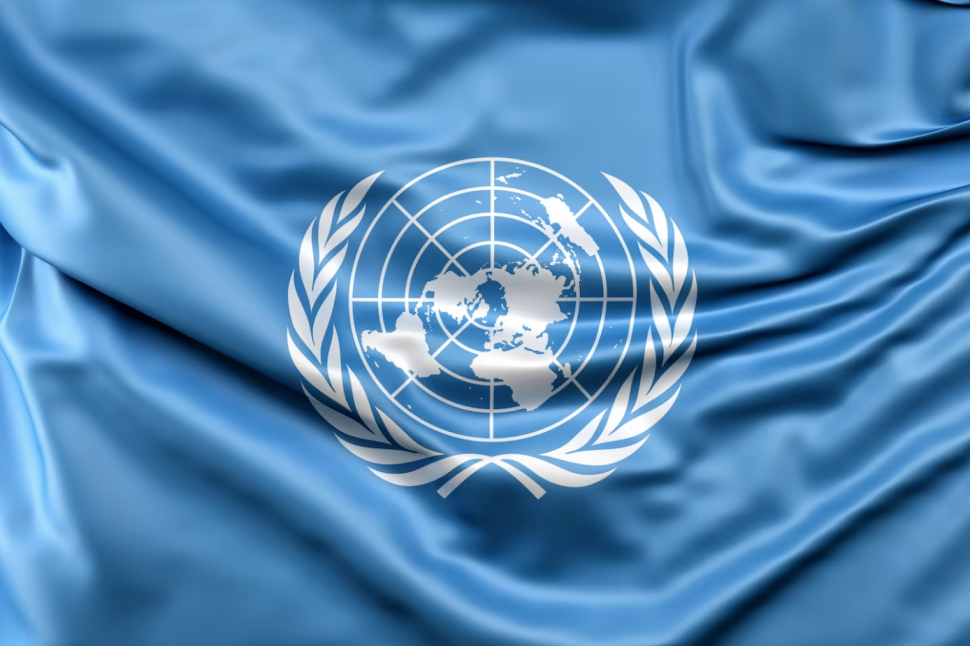The United Nations Institutions: Advancing Global Cooperation for Peace and Prosperity

The United Nations (UN) is an international organization founded in 1945 with the primary goal of promoting peace, security, and cooperation among nations. Comprising a complex system of specialized agencies, programs, and entities, the UN plays a vital role in addressing global challenges and advancing the principles of equality, human rights, and sustainable development. In this comprehensive blog post, we will explore the key institutions within the UN system and their respective mandates, highlighting their collective efforts to create a better world for all.

- General Assembly: The General Assembly is the main deliberative body of the UN, representing all member states. It provides a platform for discussions on global issues, adopts resolutions, and oversees the organization's budget. Committed to democracy and inclusivity, the General Assembly enables each member state to have a voice in shaping international policies and priorities.
- Security Council: The Security Council is responsible for maintaining international peace and security. Composed of 15 member states, including five permanent members with veto power, it has the authority to impose sanctions, authorize peacekeeping missions, and make binding decisions on conflicts and threats to international peace. The Security Council serves as a critical forum for diplomatic negotiations and crisis management.
- Economic and Social Council (ECOSOC): ECOSOC is entrusted with promoting sustainable development, fostering economic progress, and addressing social issues. It facilitates international cooperation and coordination among governments, NGOs, and other stakeholders. Through its functional commissions, ECOSOC tackles a wide range of global challenges, including poverty eradication, gender equality, environmental sustainability, and youth empowerment.
- International Court of Justice (ICJ): The ICJ is the principal judicial organ of the UN and serves as a forum for settling legal disputes between member states. Composed of 15 judges elected by the General Assembly and the Security Council, the ICJ delivers binding judgments on contentious issues, ensuring the peaceful settlement of international disputes and upholding the rule of law.
- Secretariat: The Secretariat is the administrative arm of the UN, headed by the Secretary-General. It supports the work of the UN's various organs and implements their decisions and policies. The Secretariat plays a crucial role in facilitating communication, coordination, and cooperation among member states, ensuring the smooth functioning of the organization.
- United Nations Development Programme (UNDP): The UNDP works to eradicate poverty, promote sustainable development, and advance human rights. It supports countries in their pursuit of inclusive growth, effective governance, and environmental sustainability. Through its initiatives, the UNDP helps nations build resilient institutions, foster economic empowerment, and ensure access to basic services, education, and healthcare.
- United Nations Children's Fund (UNICEF): UNICEF focuses on safeguarding the rights and well-being of children worldwide. It provides assistance in areas such as healthcare, nutrition, education, and protection from violence and exploitation. UNICEF plays a pivotal role in advocating for child rights, combating child poverty, and ensuring that every child has the opportunity to thrive.
- World Health Organization (WHO): The WHO is responsible for global public health. It leads efforts to combat infectious diseases, promote health equity, strengthen health systems, and provide guidance on health policies and regulations. The WHO's expertise and coordination are crucial in responding to health emergencies, conducting research, and improving healthcare access and quality worldwide.
- United Nations Educational, Scientific and Cultural Organization (UNESCO): UNESCO focuses on promoting education, preserving cultural heritage, fostering scientific cooperation, and advocating for freedom of expression and media literacy. It plays a vital role in advancing inclusive and quality education, protecting cultural diversity, and promoting dialogue and mutual understanding among nations.
- United Nations High Commissioner for Refugees (UNHCR): The UNHCR is dedicated to protecting the rights and well-being of refugees and displaced persons worldwide. It provides vital assistance, including shelter, healthcare, education, and legal aid, to those forced to flee their homes due to conflict or persecution. The UNHCR works to find durable solutions for refugees, advocating for their rights and facilitating their safe resettlement and integration.
- United Nations Women (UN Women): UN Women is the UN entity focused on gender equality and women's empowerment. It works to eliminate gender-based discrimination, promote women's rights, and advance women's political, economic, and social participation. UN Women leads initiatives to combat violence against women, enhance women's leadership and decision-making, and promote gender-responsive policies and programs globally.
- United Nations Environment Programme (UNEP): The UNEP leads global efforts to address environmental challenges and promote sustainable development. It works towards the conservation of natural resources, the mitigation of climate change, and the protection of biodiversity. The UNEP fosters international cooperation, facilitates environmental research and assessment, and supports countries in implementing environmentally sound policies and practices.

The United Nations and its diverse range of institutions play a crucial role in fostering global cooperation, upholding human rights, and addressing pressing challenges facing humanity. Through their collective efforts, these institutions strive to build a more peaceful, just, and sustainable world. By promoting collaboration, dialogue, and shared responsibility, the UN institutions offer hope and a platform for nations to work together towards a better future for all.
Sources
- United Nations: About the UN System - https://www.un.org/en/about-us/un-system
- United Nations Development Programme (UNDP) - https://www.undp.org/
- United Nations Children's Fund (UNICEF) - https://www.unicef.org/
- World Health Organization (WHO) - https://www.who.int/
- United Nations Educational, Scientific and Cultural Organization (UNESCO) - https://en.unesco.org/
- United Nations High Commissioner for Refugees (UNHCR) - https://www.unhcr.org/
- United Nations Women (UN Women) - https://www.unwomen.org/
- United Nations Environment Programme (UNEP) - https://www.unep.org/









